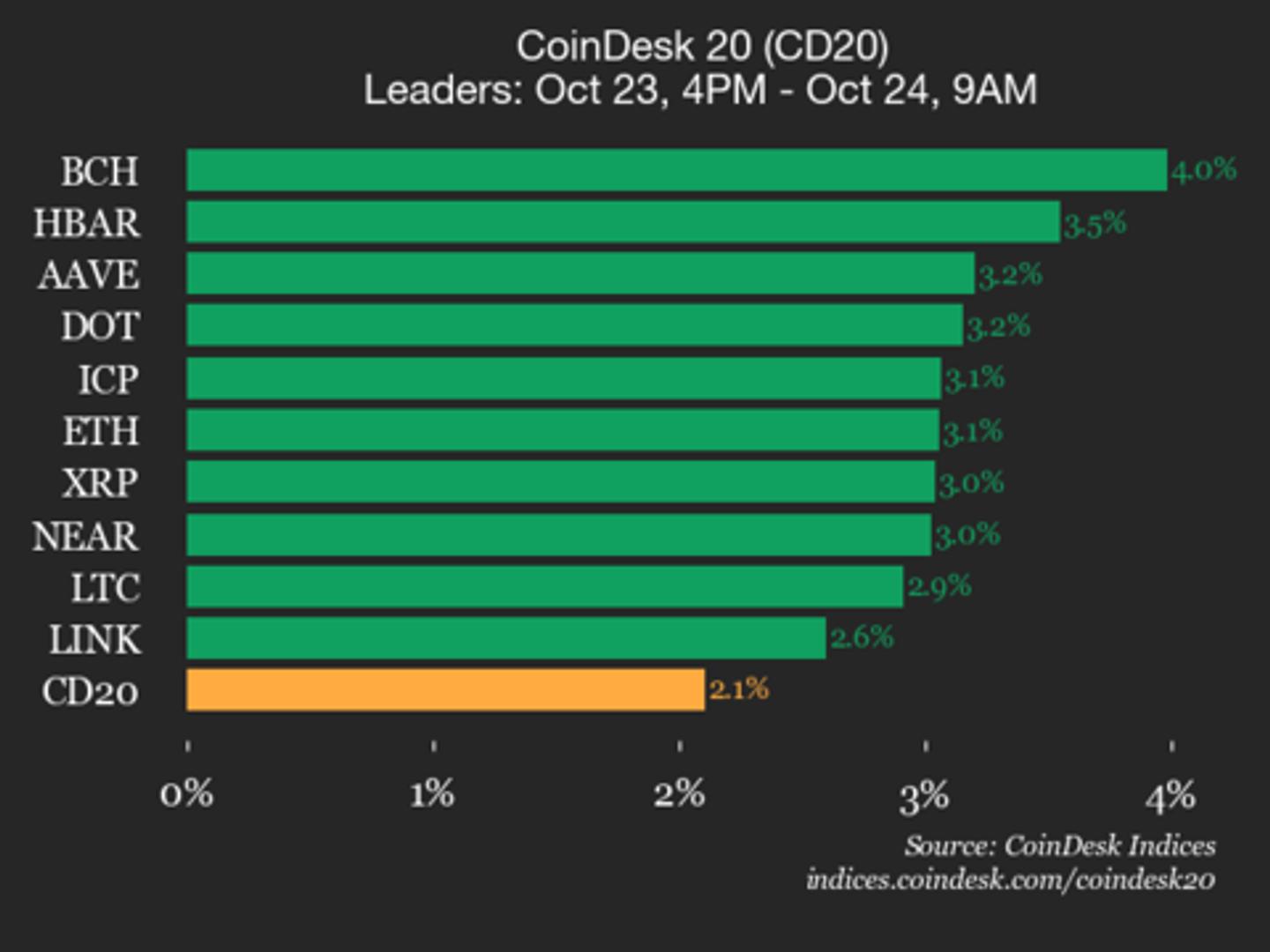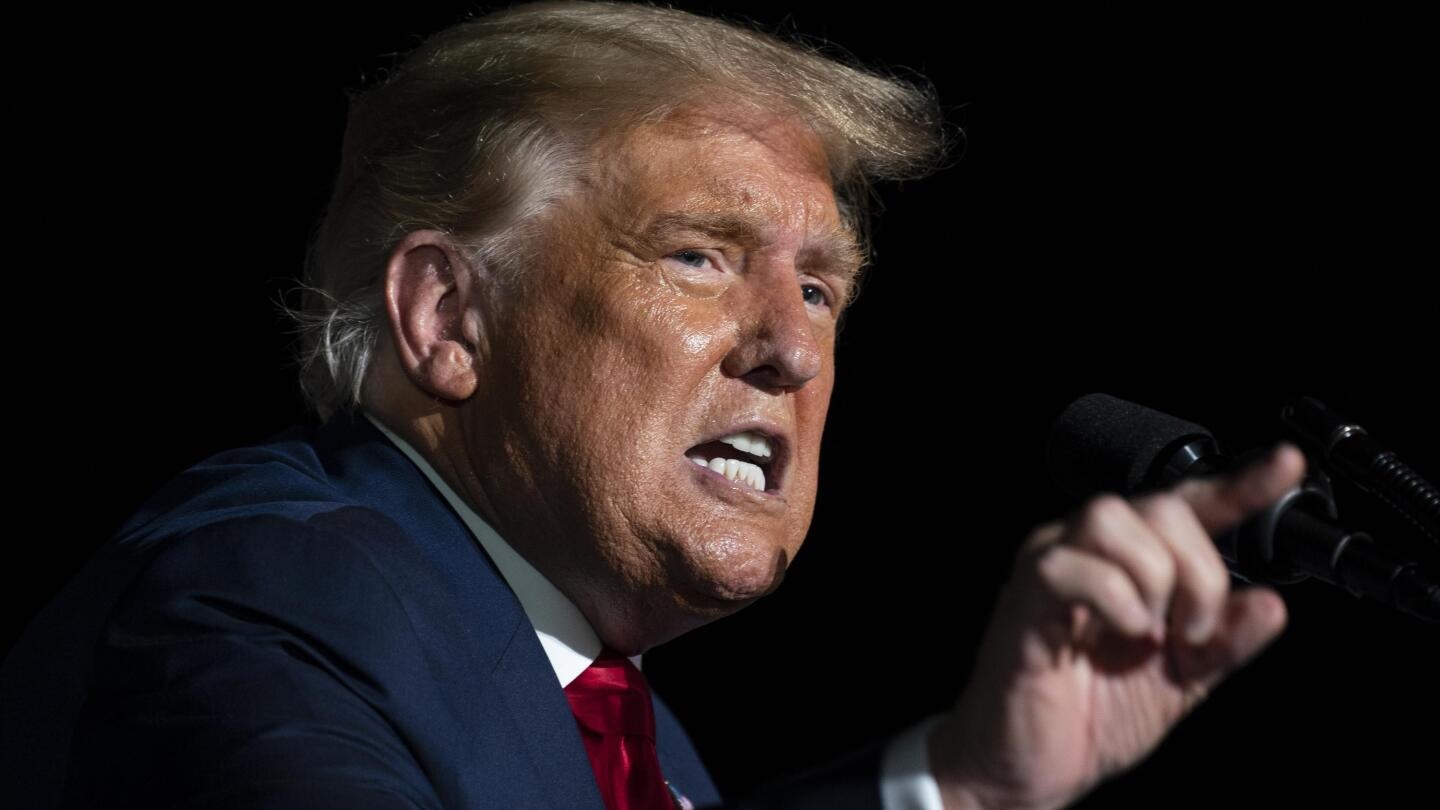The Russian state seems intent to bring most cryptocurrency miners out of the shadows, with the ultimate goal to tap into their profits through proper taxation.
The finance ministry in Moscow has already added well over a thousand mining companies to a special register for entities engaged in the profitable business, in which Russia has become a major player.
Russian government goes after mining profits
Russia’s Ministry of Finance (Minfin) has set out to identify the majority of crypto mining firms in the vast country, in an effort to find out who’s minting Bitcoin and what they are making out of it.
The industry has been growing, especially since its legalization last year, turning Russia into a leading mining hotspot. But not all mining enterprises are reporting to the state and paying taxes.
Speaking at a plenary session of the State Duma, the lower house of parliament, the head of the Russian Treasury, Anton Siluanov, revealed that the department is now topping up its database for crypto miners.
Quoted by the TASS news agency and the Russian crypto news outlet Bits.media, the finance minister detailed:
“Indeed, we have already started forming a register of miners, and it already contains 1,364.”
Siluanov emphasized that the Minfin is determined to tax the mining sector, a large portion of which has been operating in the shadow economy, with many “gray” miners evading registration and taxation.
Russia has been tempted to exploit its competitive advantages in the coin minting business, such as abundant and cheap energy, unused generation capacities from Soviet times, and cool climatic conditions in many parts of its huge territory.
Mining became the Russian Federation’s first legalized and comprehensively regulated crypto-related economic activity in 2024.
The adopted legislation allows both legal entities and individual entrepreneurs to mine digital currencies, as long as they register with the Federal Tax Service (FNS) and pay their due taxes.
Russia is yet to register all crypto mining firms
A year later, officials in Moscow have acknowledged that less than a third of all those involved in the industry have been added to the FNS register.
Numbers may be even worse when it comes to the mandatory registration of imported mining equipment, and there have been proposals to offer amnesty to encourage compliance with the rules.
On top of that, there’s the problem with “black” miners, or those who mine using stolen electricity by illegally connecting to the grid, often using existing infrastructure at abandoned industrial and agricultural sites.
Illegal crypto farms like these have mushroomed across the Eurasian nation, with the Russian republics in the North Caucasus and some Siberian territories taking the lead.
Another group of “amateur” crypto miners, minting digital coins in their homes, basements and garages, are not required to register at all, if they keep their monthly electricity consumption under 6,000 kWh.
All these categories have contributed to growing energy deficits some parts of the country, forcing local authorities in about a dozen Russian regions to introduce seasonal or permanent restrictions, approved by the federal government, and even impose six-year bans in some cases.
According to a recent estimate, Russia’s state budget is losing over $120 million a year in uncollected taxes from illegal or unregistered crypto farms, as reported by Cryptopolitan earlier this month.
Moscow aims to also tax crypto settlements
Anton Siluanov reminded that the Ministry of Finance and the Central Bank of Russia recently agreed to legalize cryptocurrency transactions in foreign trade, allowing their use in cross-border payments beyond the currently existing “experimental legal regime.”
The upcoming legislative amendments, which the financial regulators are going to draft together, will also regulate cryptocurrency trading and the operations of cryptocurrency exchanges.
“So that this area is legalized, receives a legislative basis, and we can accordingly collect taxes from these settlements, as with any financial assets,” the Minfin chief elaborated.
“I think that we need to move as quickly as possible in this direction. This will be beneficial to everyone: both those who are engaged in international settlements, cross-border payments, and those who use cryptocurrency as a source of settlements and a source of savings,” added the Russian finance minister.
Don’t just read crypto news. Understand it. Subscribe to our newsletter. It's free.



























 24h Most Popular
24h Most Popular








 Utilities
Utilities